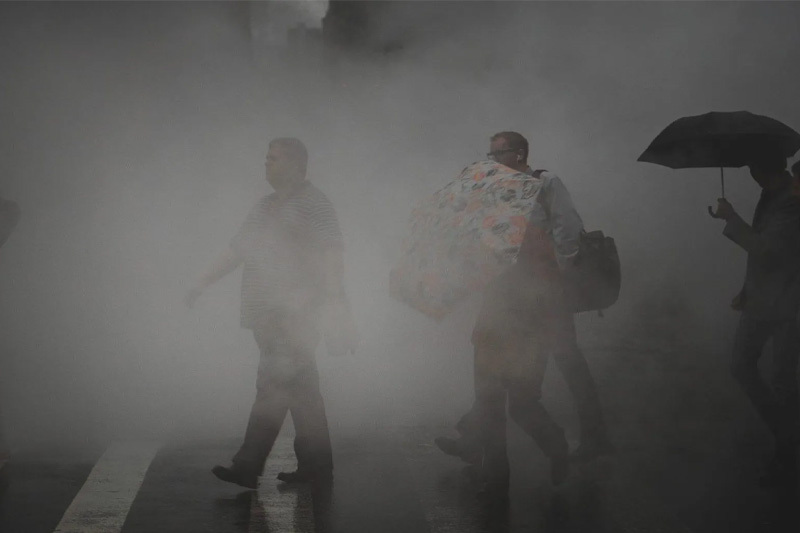
Thai Officials Pledge Action As Bangkok Ranks World’s 10th Most Polluted City
Thai government on Friday pledged action to address a spike in air pollution as Bangkok ranked the world’s tenth most polluted city the same day, according to the air quality monitoring firm IQAir. The spike came before the normal peak of seasonal haze.
Government officials blamed atmospheric conditions for the sudden spike in pollution, amid fine particulate accumulating due to colder air, high air pressure and dry weather. The jump in PM2.5 prompted authorities to warn vulnerable groups.
Authorities Accused Of Ignoring A Key Contributor To The Issue
PM2.5 encompasses particles that are so fine they can enter the bloodstream. A government statement insisted, “air quality and safety … is an important priority.” Officials have promised to ramp up prevention methods, such as limiting the area where people can burn crops.
However, environmental groups have accused authorities of hot air, stressing the government is ignoring a key contributor to the problem – industry. “We have to put the band-aid where the wound is,” Alliya Moun-ob, air pollution campaigner for Greenpeace Thailand, told AFP.
Keep Reading
Authorities say industrial pollution accounts for just 4% of the suffocating haze that regularly blankets Thailand during the winter months – instead blaming seasonal burning by farmers, including in neighbouring countries for the problem.
But the recent spike in pollution, even before the normal peak of the burning season and the seasonal haze, demonstrates industries’ impact is likely much higher, according to Panchom Saetang, the director of Ecological Alert and Recovery-Thailand.
A Law That Would Compel Factories To Release Emissions Data
Alliya said the spike in pollution so early in the season should highlight the need to tackle the problem transparently. Panchom believes industry contributes closer to a third of the particulate that causes haze in Bangkok during the cooler months.
Meanwhile, environmentalists seek a law that would compel factories to release emissions data. The spike is being recorded amid a concerning data on more than 2 million people seeking medical treatment this year for problems linked to poor air quality, the health ministry said.




